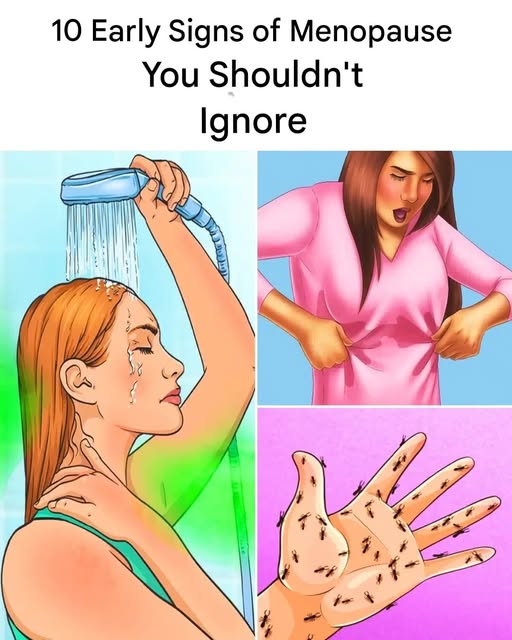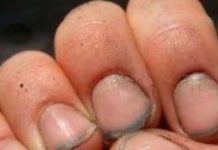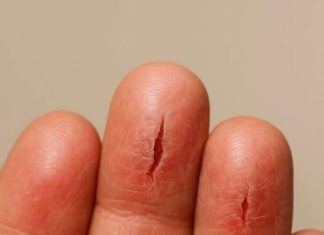Menopause is usually defined as the time when a person has not had a menstrual period for 12 consecutive months. It typically occurs around the age of 51. However, early menopause is when this transition happens before age 45, and if it occurs before age 40 it is often termed premature menopause.
When the ovaries stop producing their usual amounts of hormones such as estrogen earlier than expected, the physical and emotional changes begin sooner. Recognising this condition early is important because the health impacts can be more significant than menopause at the usual age.
Recognising the First Hints
Often, one of the earliest signals of early menopause is a change in menstrual patterns. Periods may become irregular — shorter, longer, heavier or lighter than usual. You might notice spotting between cycles or even skipping a month, all before your periods stop altogether.
Because these symptoms overlap with many other conditions, paying attention to changes and discussing them with a healthcare provider is key.

Ten Common Signs to Watch
Here are ten signs that may suggest early menopause is beginning:
- Irregular or missed periods – a major red flag that hormone levels are shifting.
- Hot flashes and night sweats – sudden flushing of heat, often accompanied by sweating, especially at night.
- Sleep disruption – difficulty falling or staying asleep, often aggravated by night sweats.
- Vaginal dryness or discomfort – lower estrogen can cause changes in the lining of the vagina, leading to dryness, itching or pain during sex.
- Lower sex drive – diminished libido or changes in sexual response can follow hormonal shifts.
- Mood swings, anxiety or low mood – emotional changes become more common during early menopause.
- Difficulty concentrating or “brain fog” – you might struggle with memory, focus or finding words.
- Changes in bladder or urinary function – leaking when laughing or sneezing, urinary urgency or recurring infections.
- Body changes – weight gain (especially around the waist), changes in skin or hair (becoming drier, thinner or less elastic), joint or muscle aches.
- Increased risk of long‑term health issues – including a higher chance of bone thinning (osteoporosis) and cardiovascular disease if hormone loss occurs early.
Why It Matters More When It Happens Early
When menopause occurs earlier than normal, the drop in estrogen and other hormones happens at a time when your body might otherwise have been relying on them for longer. As a result, the risks of bone loss, heart disease and emotional impact can be greater. Additionally, early menopause often affects fertility, which may present additional emotional or practical considerations if you were planning children.
Because of this, early recognition and appropriate care are especially critical.
What You Can Do
If you suspect early menopause, start by consulting a healthcare provider. They can perform hormone testing, review your symptoms, your menstrual history and any relevant health conditions or treatments (such as surgery or chemotherapy) that may have triggered this transition.
Treatment may include hormone replacement therapy (HRT) or alternative options, depending on your individual health profile and risk factors. Lifestyle interventions can also make a big difference: healthy diet, regular exercise (especially strength training and weight‑bearing exercise), good sleep habits and managing stress all support your wellbeing.

Emotional support is also important — you may experience grief, worry about fertility or feel differently about your body. Support groups, counselling or talking with friends who understand can ease the adjustment.
Looking Ahead with Confidence
Going through early menopause can feel overwhelming, but it is not something to face alone. With timely awareness, proper medical support and healthy lifestyle choices, you can manage symptoms effectively and protect your long‑term health. While the timing may feel unfair, this phase can be approached as a new chapter — one where you regain control, adapt your plan for health and life, and step into your future with greater awareness and resilience.

















